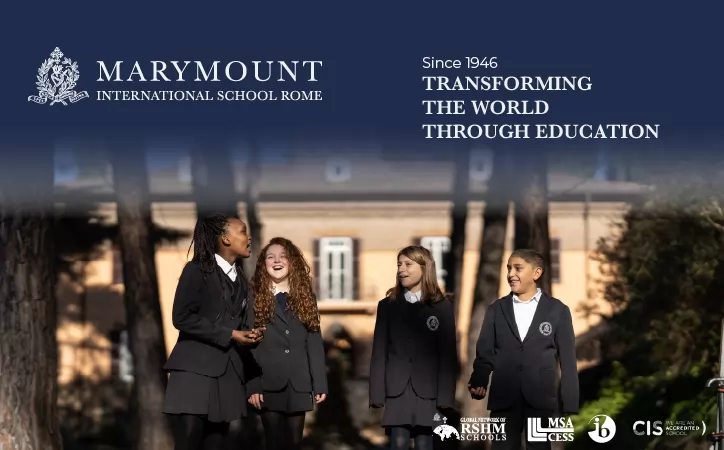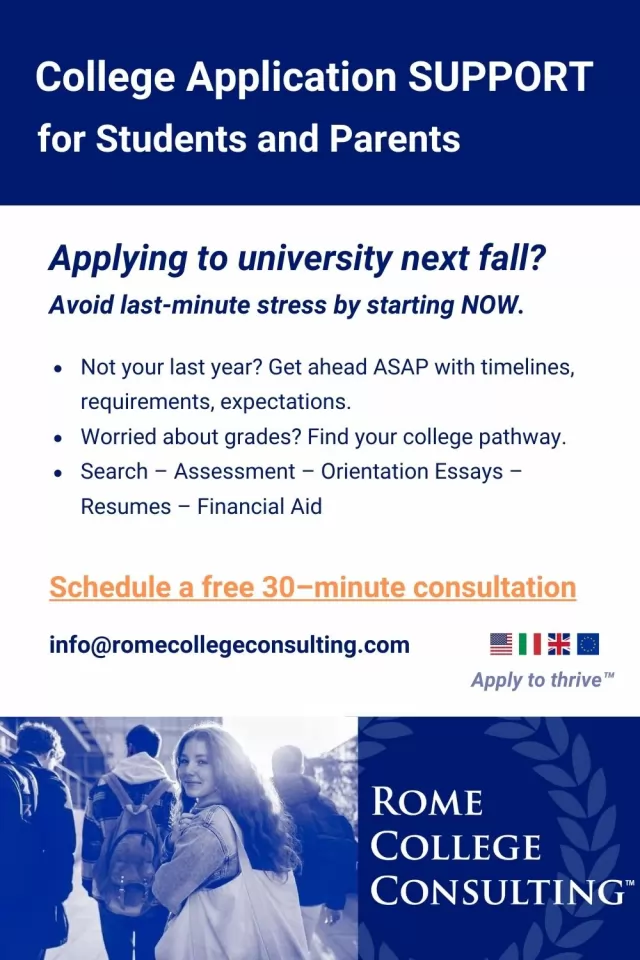Life under lockdown in Monterotondo
Over a week of under lockdown in Monterotondo and the children are taking it in their stride.
They have decided to keep to their usual daily routine, with the mornings set aside for schoolwork and the afternoons devoted to play and a gruelling exercise routine on the terrace (in which we all take part). Having the outside space has been a blessing.https://www.wantedinrome.com/news/italys-radio-stations-unite-to-play-national-anthem.html
Home schooling has been a challenge due to a combination of factors: lack of preparedness on the part of the school because the decision to close schools was taken overnight and without warning; difficulty of organising a coordinated approach given the restrictions on movement; lack of digital capacity on the part of some families.
Also read:
- Lazio seals off Fondi after Coronavirus outbreak
- Italy's radio stations unite to play national anthem
Consequently, roll-out has been slow and piecemeal, with different teachers using different electronic platforms to feed materials and instructions to their pupils. Many parents have had problems accessing these – and some do not have the ability to follow through.
The bottom line is that we are all doing what we can – and in our case fortunately my husband Paolo is able to devote himself to the home schooling almost full-time. There will be a lot of catching up to do once schools reopen (probably well after 3 April) and children will inevitably be at different stages depending on how much they have been able to do at home. The school year is due to end on 8 June, but it is rumoured that there could be an extension until July.
Also read:
- Italy's doctors and nurses 'performing miracles' says WHO
- Pope Francis walks across empty Rome to pray for end to Coronavirus
The restrictions on movement have brought people together in surprising ways. Digital communication has increased enormously and the six o’clock chorus is now part of the collective routine. Here in Monterotondo neighbours have set up loud-speaker systems on their balconies and terraces and treated us to daily concerts of the anthems of the armed forces, traditional local songs and popular music.
Generally speaking, Italians have responded to the measures with considerable self-discipline and responsibility. There has not been the level of confusion or panic seen in other countries, due largely I think to the clear line taken by the government from the outset, which is being reinforced by very stringent policing. The leadership – both at central and at local level here in Monterotondo – has been exceptional.
Food shopping has not been a particular problem, although it takes much longer than usual given the limit on the number of people who can enter a given shop at any time. Once inside, people move respectfully around each other and the shelves, maintaining the recommended one-metre distance. There is little sense of suspicion or fear.
Also read:
- Conte warns of Italy's 'riskiest weeks' in Coronavirus battle
- Coronavirus: Rome opens new Covid hospitals
Working remotely is a challenge, but it has freed up a lot of time (and energy) that I would normally spend commuting to and from Rome. Also, it helps knowing that my colleagues are in the same position. and while initially I felt frustrated by my lack of productivity, now I have learned to lower my expectations of what can (and should) be done.
Life has slowed down and it has been an opportunity to remind ourselves of what really matters: relationship, self-care, beauty, silence… I have found time to read, to play with the children, to watch films as a family, to sit in the sun. Media are providing regular lists of ideas and suggestions for filling the days and colleagues also circulate a daily newsletter of resources.
Of course, this is only my personal and very partial experience, based also on the fact that all the people close to me are in good health and that Monterotondo has only been affected very mildly (8 confirmed cases as of 18 March).
The situation is very different in other parts of the country.
The restrictions mean that it is difficult to get a proper sense of what is going on beyond the four walls of the home. I know of many painful stories: one colleague was unable to be with her father when he died and nor could there be a funeral;
an Italian friend living outside the country will be unable to assist her mother when she begins her first cycle of chemotherapy in Rome;
many families have seen their sources of livelihood disappear almost overnight.
People who live alone are very alone, and those living on the margins of society (refugees and migrants, the homeless...) are particularly vulnerable. However, individuals, NGOs and faith-based organisations mobilised immediately to identify and fill the protection gaps where possible. And charitable donations in support of the struggling health service and other relevant causes have skyrocketed.
It is unclear how long the situation will last – but there will definitely be a ‘before and after’. Right now, no one knows what the ‘after’ will look like. Economically it is likely to be disastrous. But if the lessons are learned and we make them our own, on many levels it could be better than the ‘before’.
Laura Clarke
Laura Clarke worked for Wanted in Rome for many years and is now witih the UNHCR in Rome, but at the moment is working from home in Monterotondo about 30 kms northeast of the capital.
ValerioMei / Shutterstock.com
General Info
View on Map
Life under lockdown in Monterotondo
Monterotondo, Metropolitan City of Rome, Italy


















